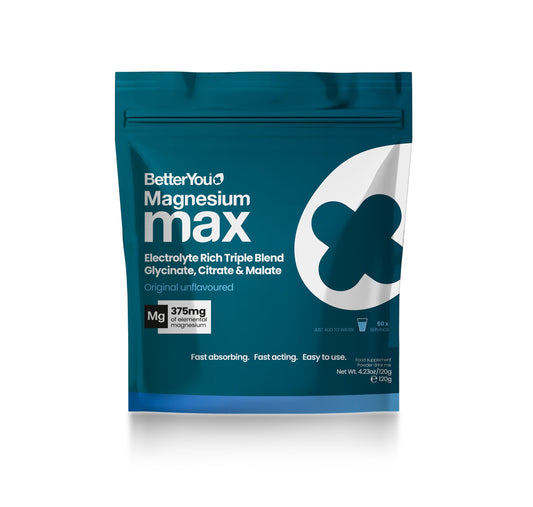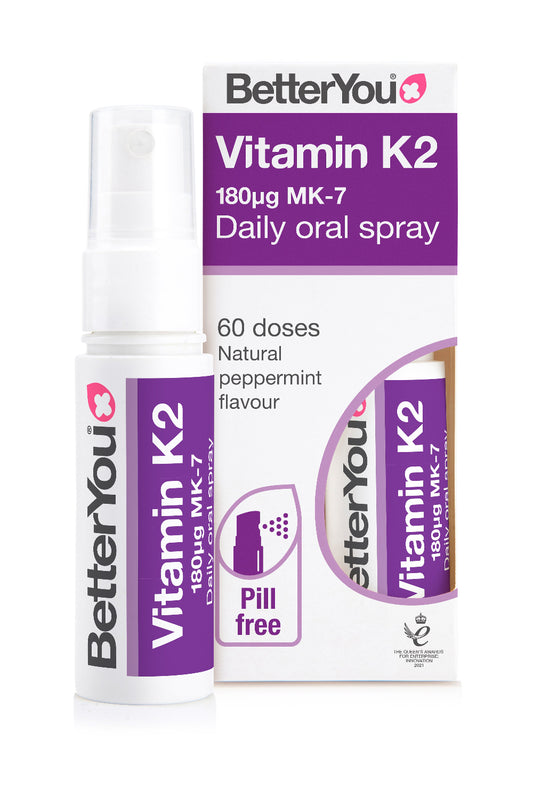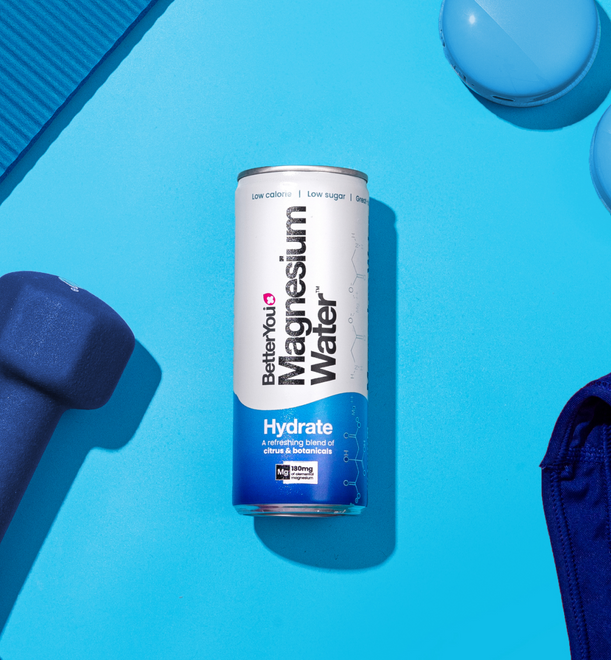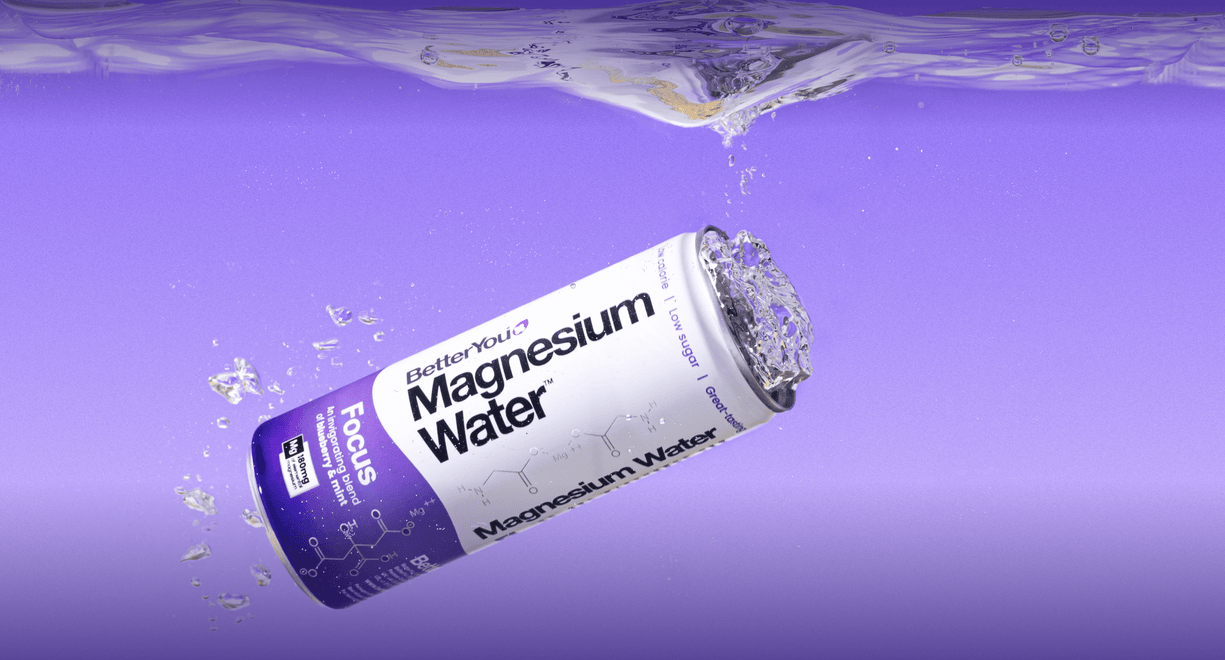You may be surprised to know that we reach peak bone mineral density during our mid-twenties. After the age of 35 bone loss increases gradually as part of the natural ageing process, which means we need to be proactive from an early age to prevent bone density loss as much as possible.
When taking a food-first approach, evidence suggests that the earlier we start to eat well and become conscious of the nutritional importance of our diets, the longer we continue that path.
A diet in dark green vegetables, whole grains and nuts is beneficial, but there are specific nutrients needed for healthy bones.
Nutrients vital to bone heath
- Calcium
- Magnesium
- Vitamin D
- Vitamin K2
So let’s take a closer at these nutrients and how they aid bone health.
Calcium
Calcium is a vital component of our bones, with 99% of the calcium found in our body being stored there and conventional wisdom dictates that high levels of calcium are as a consequence good for the health of our bones.
Despite calcium intake in the UK being amongst the highest in the world, we also have some of the highest rates of bone-related illness with over three million people estimated to suffer with osteoporosis, and more than 300,000 people experiencing fragility fractures from minor bumps or falls every year. This is in part due to the low level of magnesium within modern diets and highlights the importance of supplementing calcium and magnesium together.
Sources: Dairy products, soya beans, some green leafy vegetables and fish where you eat the bones (sardines and pilchards).
Magnesium
This powerful mineral stimulates the activity of cells critical to bone formation, with magnesium-deficient bones being larger, more brittle and susceptible to fractures. Without the presence of magnesium, calcium cannot be transported to the bones and can lead to the hardening of the arteries, osteoporosis and bone fractures.
The ideal magnesium to calcium ratio, as suggested by the current NRV’s, is a 2:1 ratio of calcium: magnesium. However, with increasingly high calcium intakes and low magnesium levels in western diets, particularly in women and seniors, the ratio for optimal health in a western diet is 1:1.
Sources: Green leafy vegetables, nuts, legumes and fish.
Vitamin D
The 'sunshine' vitamin plays an important role in the absorption of calcium from the intestine, working synergistically with vitamin K2 to ensure calcium is directed out of the arteries and into the bones where it helps improve bone density.
Sources: The best source of vitamin D comes from UVB rays from the sun, but can be found naturally in some foods such as oily fish, eggs, cheese and soy.
Vitamin K2
Once calcium is in the body vitamin K2 ensures that it is absorbed into the bone where it is required. Without enough of this essential vitamin, calcification within the arteries can occur, increasing the risk of heart disease.
Sources: Natto (fermented soy), liver, cheese.
As we age, our production of hydrochloric acid reduces and this in turn reduces our ability to break down and absorb the nutrients from our food, therefore supplementation is needed. The fact is that some nutrients are better supplemented via methods alternative to traditional digestive routes, so the key is to find the route into the bloodstream as quickly as possible.



















